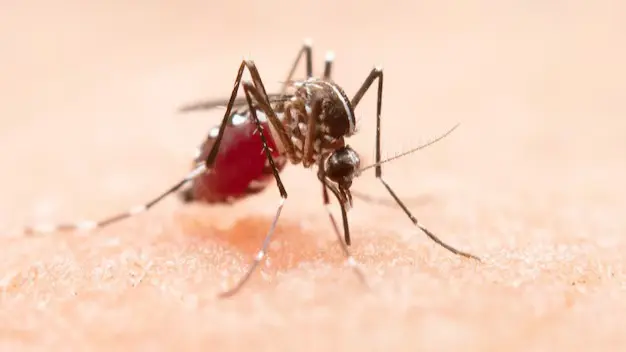Updated 24 April 2024 at 19:32 IST
World Malaria Day 2024: History, Date, Significance, And Theme For This Year
World Malaria Day 2024 highlights the global effort to combat malaria, emphasizing prevention, equity, and collaborative action for a healthier future.
- Utility News
- 2 min read

As the world gears up to observe World Malaria Day on April 25, the spotlight is once again on the urgent need to combat this deadly disease. Malaria, a mosquito-borne illness, continues to pose a significant threat to public health, particularly in tropical and subtropical regions. However, amidst the challenges, there is hope, as concerted efforts are being made to raise awareness and implement preventive measures.
History and Significance:
Since its inception in 2001 as Africa Malaria Day, the annual observance has evolved into World Malaria Day, following a pivotal decision at the 60th session of the World Health Assembly in 2008. This shift underscored the global imperative to address the multifaceted challenges posed by malaria and the pressing need for a unified approach.
Theme Of World Malaria Day 2024:
This year, World Malaria Day adopts the theme "Accelerating the fight against malaria for a more equitable world." This theme aligns with the broader global health agenda encapsulated in the World Health Day theme, "My Health, My Right." Saima Wazed, WHO Regional Director for South-East Asia, emphasizes the imperative of addressing the persistent inequities in access to malaria prevention, detection, and treatment services.
Preventive Measures and Awareness:
Malaria is a preventable disease, and raising awareness about preventive measures is crucial in combating its spread. The primary symptoms of malaria, including shaking chills and high fever, serve as early warning signs for individuals to seek prompt medical attention.
Advertisement
Preventive measures such as mosquito nets, insect repellents, and antimalarial medications play a pivotal role in reducing the incidence of malaria. Additionally, community-based initiatives focusing on environmental management and mosquito control contribute to mitigating the risk of transmission.
Published By : Garvit Parashar
Published On: 24 April 2024 at 19:32 IST
